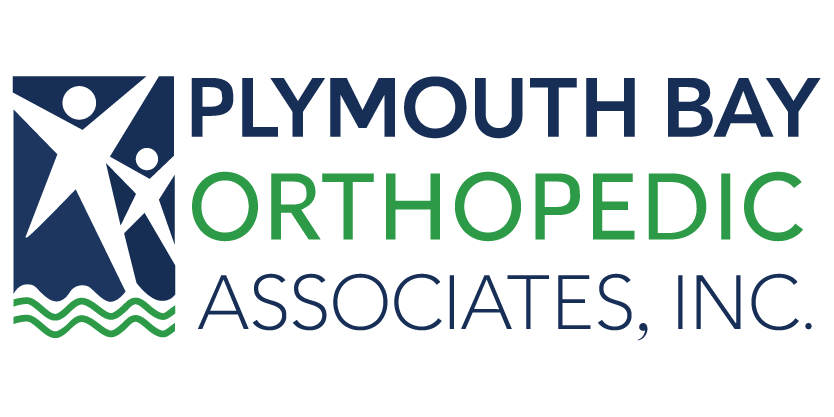otator cuff injuries don’t just happen to baseball pitchers and professional tennis players. In fact, they can happen to anyone. We want you to know that you don’t have to let your rotator cuff injury keep you from living your life.
Rotator Cuff Injury: Treatment Options
The first step in treating a rotator cuff injury is traditional injury rehabilitation methods. These include rest, ice and physical therapy. Unfortunately, this isn’t always enough.
While physical therapy may not be enough on its own to repair a torn tendon or muscle, it’s still important that you don’t skip a PT session. A physical therapist will design exercises specifically to improve flexibility and mobility and will also work with you to restore strength to your shoulder and mitigate your risk of future injury.
Surgery
If your rotator cuff tear is severe enough, surgery may be your only option. There are several procedures that can repair a torn tendon or muscle.
Arthroscopic tendon repair is a safe, effective rotator cuff repair procedure that involves an arthroscope, or tiny camera, being inserted into your shoulder. With this, the surgeon is able to see your injury and sew your torn tendon back onto your bone.
Sometimes, your tendon is too damaged to be reattached to the bone. In this case, our surgeon may need to use a nearby tendon as a replacement. In extremely severe cases, your only option may be shoulder replacement surgery.
This procedure replaces your entire rotator cuff with an artificial joint. This procedure is also known as a reverse shoulder arthroplasty and involves attaching an artificial socket to the arm bone and the ball part onto your shoulder blade. This provides you with the stability you need to get back to your normal life.
Preventing Future Injuries
The old adage is true. Prevention is the best cure. Unfortunately, if you’re currently suffering from a rotator cuff injury, you’re at a greater risk of developing another one in the future. To mitigate this risk, the best thing you can do is stretch your shoulder every day. You should also work on strengthening your pectoral muscles, along with your anterior deltoids, triceps and biceps.
It’s also important that you exercise your trapezius muscles and your lats. If there is a significant imbalance between the strength of your front muscles and back muscles, an injury is far more likely to occur.
Schedule Your Initial Consultation Today
To learn more about how to treat a rotator cuff injury, talk to the friendly professionals at Plymouth Bay Orthopedic Associates during your initial consultation we can assess your injury and help you determine the best treatment methods for your unique case. Contact us today to book your appointment!
